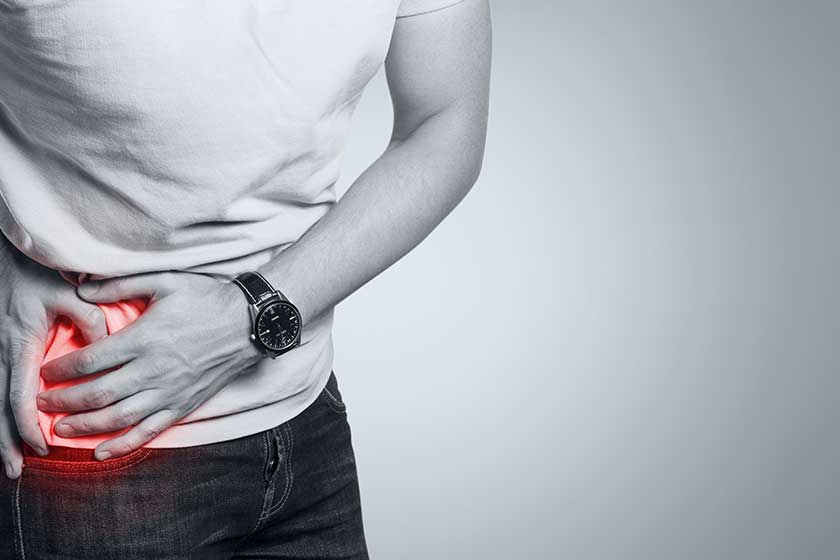Urinary incontinence refers to an involuntary loss of urine. While this can happen to anyone at any age, with this condition affecting at least 33 million Americans, it’s typically more common in the elderly. Changes in the body caused by aging can increase the likelihood of urinary incontinence. This can be caused by a few things, such as previous lifestyle choices or underlying health conditions. However, urinary incontinence is not something that you should just accept or live with. There are many effective ways to treat this condition. Read on to find out the causes of urinary incontinence in the elderly and some ways to manage this condition.
Causes of Urinary Incontinence
- Old Age
As the body ages, the bladder either weakens or becomes more active. The muscles of the pelvic floor also loosen, especially for women who have previously experienced childbirth. When the bladder and pelvic floor muscles are compromised, they can relax without warning, causing urine to leak.
- Underlying Medical Conditions
Some people may suffer from medical conditions which have damaged the nerves that control the bladder. Examples of such conditions include stroke, Parkinson’s disease, diabetes mellitus, and other conditions that might affect the brain or nerves. Conditions that affect mobility, such as arthritis, can also make it difficult for them to reach the toilet in time.
- Constipation
As age progresses, people can find that they face more difficulties with chewing and swallowing. This then causes them to avoid a diet rich in fiber. Some people may also avoid drinking too much water so that they do not need to face the inconvenience of visiting the toilet too often. All of these habits can lead to constipation. When the bowel is too full, there is extra pressure on the bladder. This in turn affects the pelvic floor muscles and causes involuntary urine leakage.
- Urinary Tract Infection
The elderly are more prone to urinary tract infections, of which urinary incontinence may be a symptom. A urinary tract infection can irritate the bladder, causing a strong urge to urinate. This sometimes leads to incontinence.
- Enlargement of the Prostate Gland
Elderly men are prone to having an enlarged prostate. As the prostate gland in men is located just below the bladder, an enlarged prostate can put pressure on the urethra. The urethra transports urine out of the body, and when pressure is placed on it, this blocks the natural flow of urine.
Getting Help for Urinary Incontinence
Embarrassment over urinary incontinence may cause an individual to avoid going to the doctor for advice. However, urinary incontinence is very treatable with the proper medical assistance. You and your loved one may consult a urinary specialist, geriatrician, or primary doctor. Men can choose to visit a urologist, while women can visit a urogynecologist. Seaton Hagerstown’s Dimensions Health & Wellness program is comprehensive and inclusive so that our residents can be sure that their health concerns can be taken care of in a safe and welcoming environment. Our assisted Living program also provides a variety of services and exceptional care for our residents who may need assistance in their day-to-day activities.







